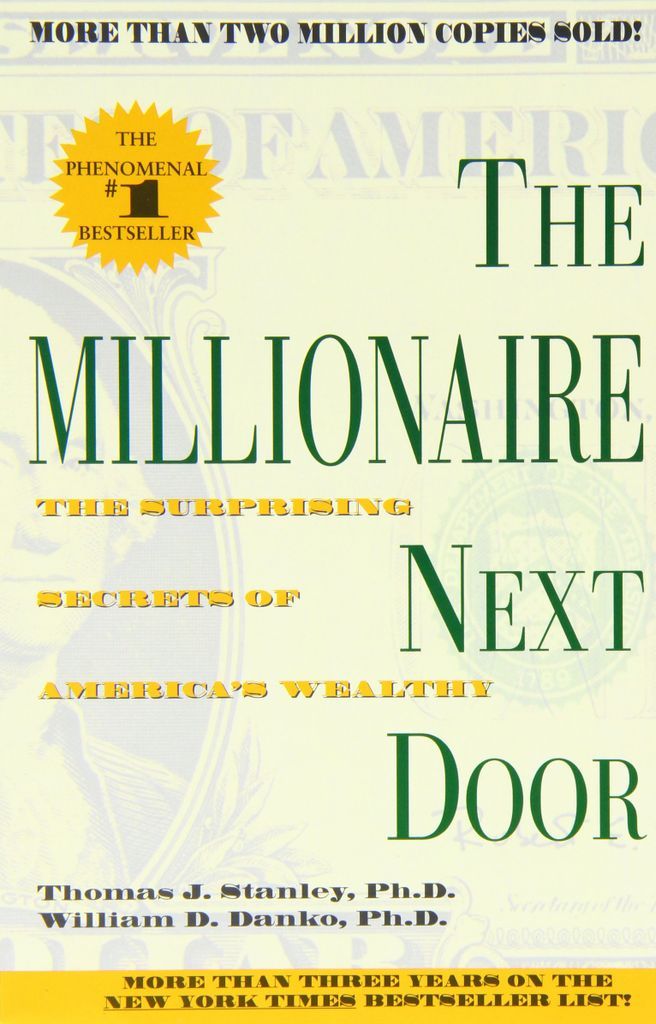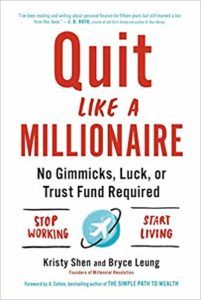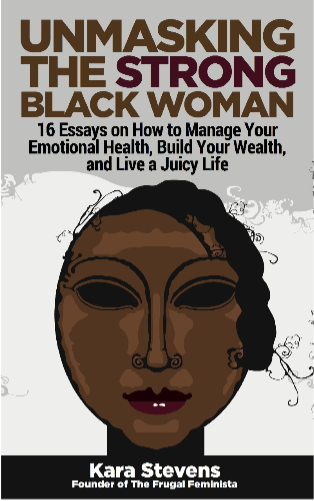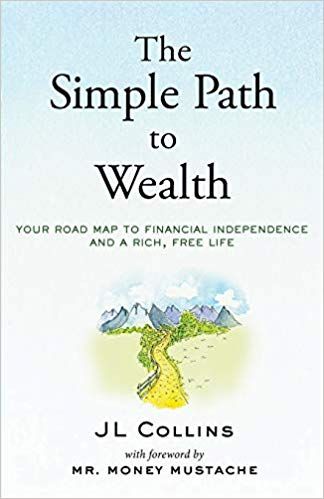Basically, instead of spending all their cash on stuff, people who are part of the FIRE movement use “extreme” saving and investment to help them retire early and live off the interest. Doesn’t sound doable? The authors of the following books would disagree, and you may as well once you read them.
You Need a Budget by Jesse Mecham
If you want to be on the road to financial independence, you need a budget, and Mecham’s book about budgeting is the best one I’ve ever encountered. He takes all the roadblocks that stop people from budgeting (I don’t have enough money, I don’t know how much money I’m going to make/spend in a single month, etc.) and renders them irrelevant with four rules. It’s not so much a book or app as an entire Thing on the internet (just Google it), and it’s helped thousands of people break the paycheck to paycheck cycle and pay down debt.
The Millionaire Next Door by Thomas J. Stanley and William D. Danko
What do you picture when you think of someone who’s wealthy? A basketball player with a multimillion-dollar contract? Justin Bieber? A Rockefeller? Sure, that star athlete is pulling in a seven-figure paycheck (before taxes), but the truly wealthy rarely do. This book is worth reading just for a breakdown of the concept of personal net worth and how Stanley and Danko calculated wealth. But the anecdotes about them trying to get millionaires to eat champagne and caviar are also priceless.
Quit Like a Millionaire: No Gimmicks, Luck, or Trust Fund Required by Kristy Shen and Bryce Leung
This is a combination personal memoir and book about how to achieve financial independence. Shen shares her story of growing up in abject poverty in China, and the culture shock of the middle class lifestyle after her family moved to Canada when she was a teenager. Eventually, Shen and her husband realized consumerism and “keeping up with the Joneses” wasn’t bringing them any happiness, and now they’re both retired and traveling the world. Shen is one of the foremost figures in the FIRE movement and gives a ton of solid tips for following in her footsteps, as well as sharing her inspiring story.
The Frugal Feminista by Kara Stevens
Can money buy happiness? Stevens believes it can, but first you need to realize what makes you happy and why. Then you can use your money as a tool to make your life better, help the people around you, and avoid the dreaded lifestyle creep—where you’re buying stuff just because you can and you think you “need” it, not because it will help you get the things that truly make your life fulfilling. This book is written specifically for black women, but many of the lessons can be applied to people of any color or gender.
The Simple Path to Wealth by JL Collins
Now that you’ve got extra money in the bank and have paid off—or are paying off—your debts, it makes sense to start investing. But how, where?? What’s the difference between a 401k and a Roth IRA, or a mutual fund and an index fund? Stocks, bonds, Ameritrade?? Financial advisor or do it yourself? Collins takes the guesswork out of investing and offers absolutely the best and clearest breakdown of all the various types, fees, and ways to invest, whether you should put your money into them or ignore them, and why. He really does make it simple, but in a very informed way. After you read this book you’ll not only know how you want to invest but why. And then—here’s the real plus point—you can just put it on the back burner and go about your daily life. (You can also read a less curated version of this book in blog post form for free on Collins’s website.) Just can’t get enough books about personal finance? You can find some more books about budgeting, finance books for millennials, books for fixing your personal finances, and books to be better with your money right here on Book Riot.





